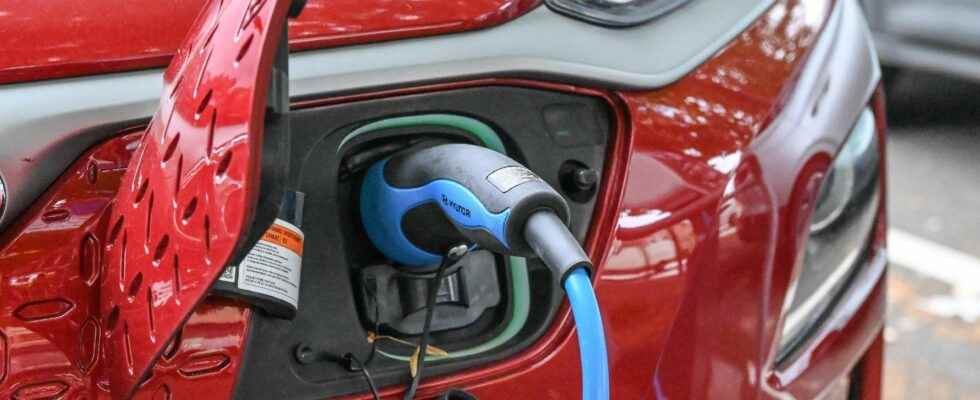The value of tomorrow is realized in partnership with Zonebourse.com
Whether or not you are a fan of electric vehicles, you have probably already wondered how charging infrastructures will be able to follow the expansion curve of the market. Companies like Fastned were born in response to this question, but the Dutch company is undoubtedly one of the most advanced in this field in Europe, despite its young age since it was founded in 2012.
Fastned’s core business is to install and operate fast charging stations for electric vehicles. A bit like gas stations. The adventure started in its domestic market with the signing of a long-term framework agreement to install charging equipment at some 200 rest areas on the Dutch motorway network. At the end of 2022, the group had a fleet of 244 sites for 1,237 shippers, 62% of which in its home market and the rest divided between Germany, France, Belgium, the United Kingdom and Switzerland.
Fast chargers are used to quickly recharge vehicle batteries. They’re usually used by professional heavy-duty riders or individuals on long-distance trips who don’t really have any other options. The electricity supplied is indeed expensive: it is the counterpart of the fast service. In France, Fastned charges, for example, 0.59 euro per KWh, ie 3.4 times more than the average price of electricity for individuals (approximately 0.172 euro).
As the industry is still in its infancy, the playing field can seem quite large. This is true, but only to a certain extent: land is scarce and expensive, competition tends to increase and upgrading the energy network is not always easy. Consequently, the cost of installing a station swells and the return on investment is somewhat variable. Five years ago, only a third of Fastned stations were in balance at cruising speed, due to still modest attendance, due to a lack of sufficient electric vehicles.
First come bonus
However, the strategy is quite readable: Fastned develops its network as much as possible to benefit from the gradual and inevitable growth in the number of electric vehicles. Unavoidable if we are to believe current European legislation, of course. The first come bonus, in a way. Among the independents, the Dutch is without doubt the actor whose strategy is the best established. He also manages to win 20 to 25% of the calls for tenders on which he positions himself, according to his words. This is both considerable, but also indicative of the presence of competition which is becoming structured.
From the above, you will probably have concluded that the business is still in an early stage and therefore losing money. It is perfectly correct. Its turnover reached 12.5 million euros in 2021, for a net loss twice as large or almost (24.6 million euros). The 2022 results are not yet known at the time of writing these lines, but the turnover, yes: 36 million euros. There is still some way to go to reach the medium-term objective claimed by the company, namely 1,000 stations generating 1 billion euros in revenue in 2030, with an EBITDA margin of 40%. But the growth is already clearly visible. Analysts expect Fastned to make its first real profits in 2024 or 2025. And for free cash flow generation to turn green in 2028.
Given the current lack of profitability, valuing the company is tricky. We can nevertheless point out that the action has been divided by three compared to the undue levels reached at the start of 2021. Thus, from a medium/long term perspective, Fastned is an interesting case of investment for those who would like to position themselves at a relatively early on one of the potential winners of the electrification of the European car fleet.
